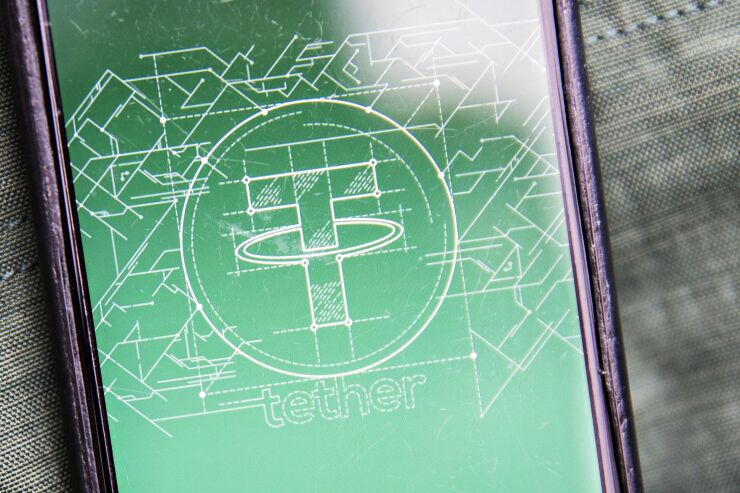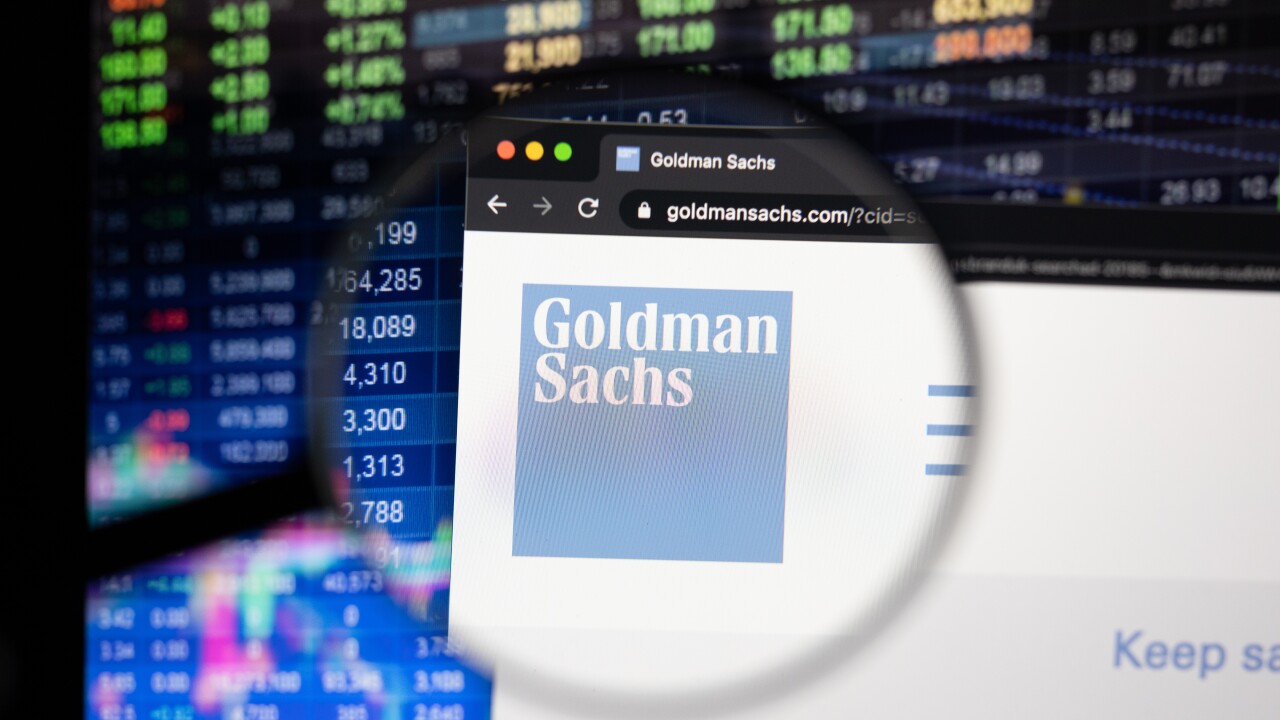A Justice Department probe into a controversial corner of the crypto world — Tether — has been struggling to reach a conclusion. Now a new team is taking a crack at investigating whether executives behind the popular stablecoin committed a crime.

Last year, federal prosecutors in Washington warned top officials at Tether that they could be charged for allegedly deceiving banks they used to move cash, people familiar with the situation
U.S. Attorney Damian Williams in Manhattan took over the inquiry in recent weeks, the people said, asking not to be named discussing the confidential case. His office, based in the Southern District of New York, has been one of the most aggressive in pursuing suspected cryptocurrency crimes and recently secured a guilty plea from a person affiliated with one of Tether's payment processors.
The unusual decision to move an investigation after it's reached such a late stage underscores the uncertain legal terrain in the rapidly developing realm of digital currencies, according to former federal prosecutors. The Southern District office's experience tracking money flows in banking and crypto probes may also give it an edge in gathering evidence or establishing other sources of information, they said.
Transferring cases "doesn't happen often and there's going to be pretty individual, unique circumstances each time," said Robertson Park, a partner at Davis Wright Tremaine who previously spent two decades in the Justice Department's fraud section. But passing crypto cases to certain offices could become more common and makes sense, he said. "There's a steep learning curve for folks who get involved in these investigations and probably a fairly limited number of people who have real experience and understanding."
Representatives for Tether, the Justice Department and Williams' office declined to comment. An investigation doesn't mean that charges will necessarily result.
Banks' reluctance
When Bloomberg reported the existence of the criminal probe last year, Tether
"Tether routinely has open dialogue with law enforcement agencies, including the U.S. Department of Justice, as part of our commitment to cooperation, transparency and accountability," the company said at the time. "We are proud of our role as industry leaders in promoting cooperation between industry and government authorities in the U.S. and around the world."
Tether is the third-biggest cryptocurrency, with a market value of about $69 billion that trails only Bitcoin and Ether, according to CoinMarketCap. The stablecoin was first issued in 2014, serving as a digital stand-in for dollars. By accepting Tether, exchanges could offer traders price stability, letting them park their balances without being exposed to bitcoin's gyrations. Tether's creators have said that each token is backed by a U.S. dollar, either in cash or other holdings,
The Justice Department investigation initially examined those public statements before narrowing to focus on Tether's use of banks to hold money and process customer transactions, the people said.
Tether struggled to connect to the global financial system at a time when many banks wouldn't open accounts for virtual-currency exchanges, amid fears that doing so could run afoul of U.S. laws against preventing the handling of funds tied to drug trafficking, cyberattacks or terrorism.
Some of Tether's interactions with banks came to public light after Wells Fargo in 2017 blocked wire transfers that had been sought by Tether through Taiwanese banks. Tether sued Wells Fargo, saying the San Francisco-based bank knew or should have known that the transactions were being used to obtain U.S. dollars so clients could purchase digital tokens. The company soon dropped the case. Wells Fargo said at the time that it had no duty to complete the wire transfers arranged through other banks. It's unclear whether the Justice Department investigation involves those transactions.
In Washington, prosecutors examined whether Tether officials had opened any bank accounts under false pretenses, such as by obscuring that the cash was connected to crypto. The government was considering a so-called right-to-control theory, accusing executives of fraud if they made misrepresentations. Such a case, however, would face potential legal uncertainties, the people said.
Right to control
For one, while accepting cash tied to crypto might pose a risk to a bank, there's no accusation Tether inflicted any losses on a bank, the people said. The right-to-control theory itself is under review, with the U.S. Supreme Court preparing to hear arguments in a case stemming from the conviction of a New York developer.
Posing another hurdle, the crypto landscape has evolved during the investigation as some banks started helping clients buy or bet on digital currencies. If a case were brought against Tether officials, jurors could potentially hear from witnesses that the relationships at the heart of the prosecution would be allowed today, they said.
Last year, prosecutors sent letters to some Tether officials alerting them that they're targets of the investigation. The notices signaled that a decision on whether to bring a case could be made soon. Tether's lawyers pushed back with direct appeals to Justice Department brass, the people said. More recently, they've sought a formal declination, assuring executives that charges are off the table, the people said.
Then the U.S. attorney's office in Manhattan took over.
Resolving probes
Some of its prosecutors are familiar with Tether's business, after investigating Crypto Capital, a payment-processing firm that Tether used once it lost the bulk of its banking relationships.
Prosecutors
The parent company of Bitfinex — a crypto exchange run by some of Tether's executives — enlisted the help of courts as it sought to recoup hundreds of millions of dollars from Crypto Capital. In one court filing, Giancarlo Devasini, the finance chief at both Bitfinex and Tether, said customers transferred more than $1.5 billion to bank accounts held or controlled by Crypto Capital from early 2017 until late 2018. He also said Crypto Capital had accounts with several banks including Citigroup, Bank of America, HSBC Holdings and Wells Fargo.
Meanwhile, Tether has resolved government accusations that it overstated its holdings.
From June to September 2017, Tether never had more than $61.5 million in funds while about 442 million coins were in circulation, the Commodity Futures Trading Commission
Tether and Bitfinex resolved the probes, agreeing to a total of $61 million in financial penalties without admitting or denying wrongdoing.







